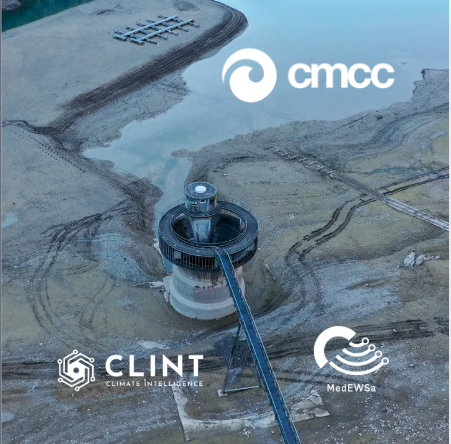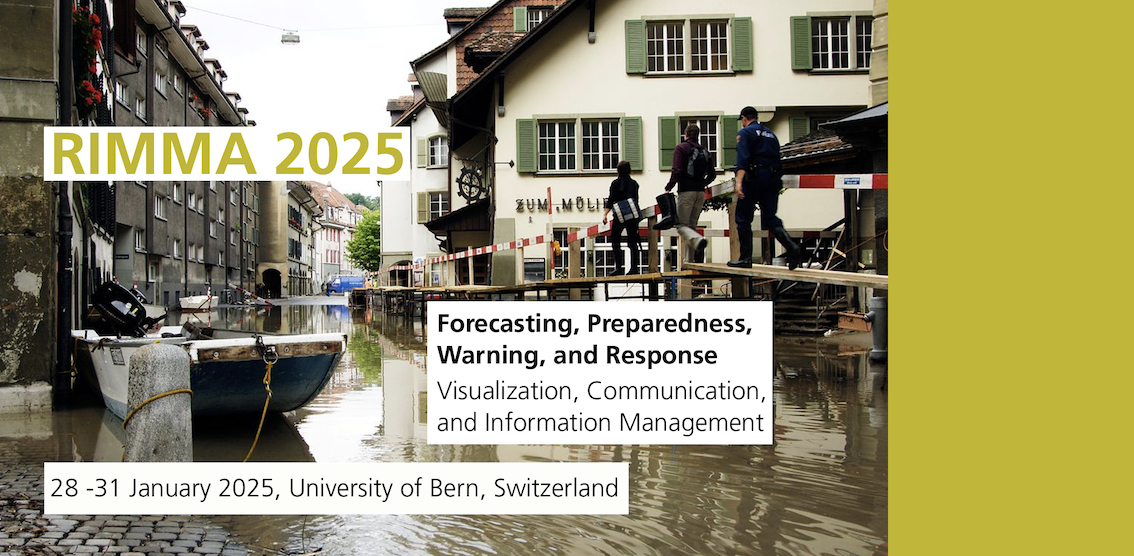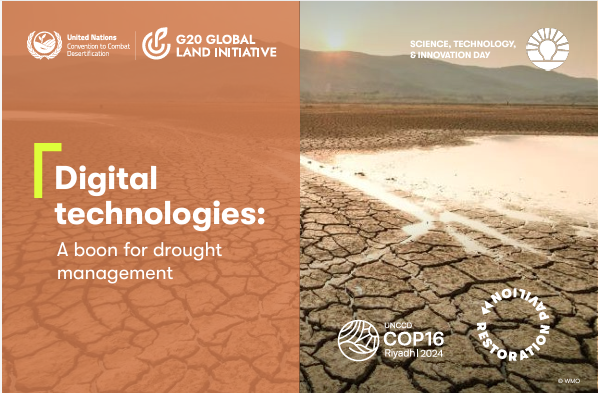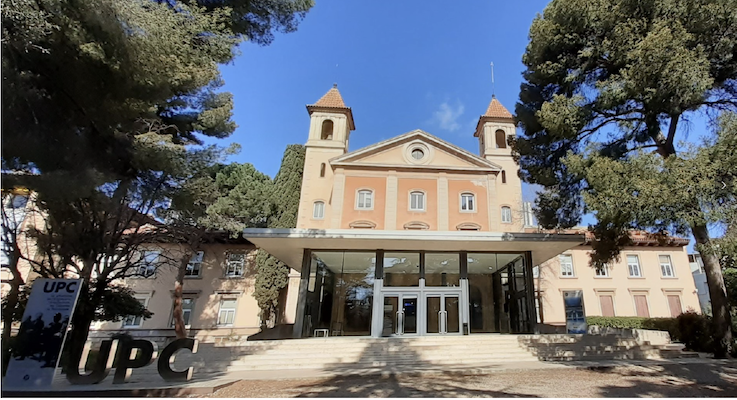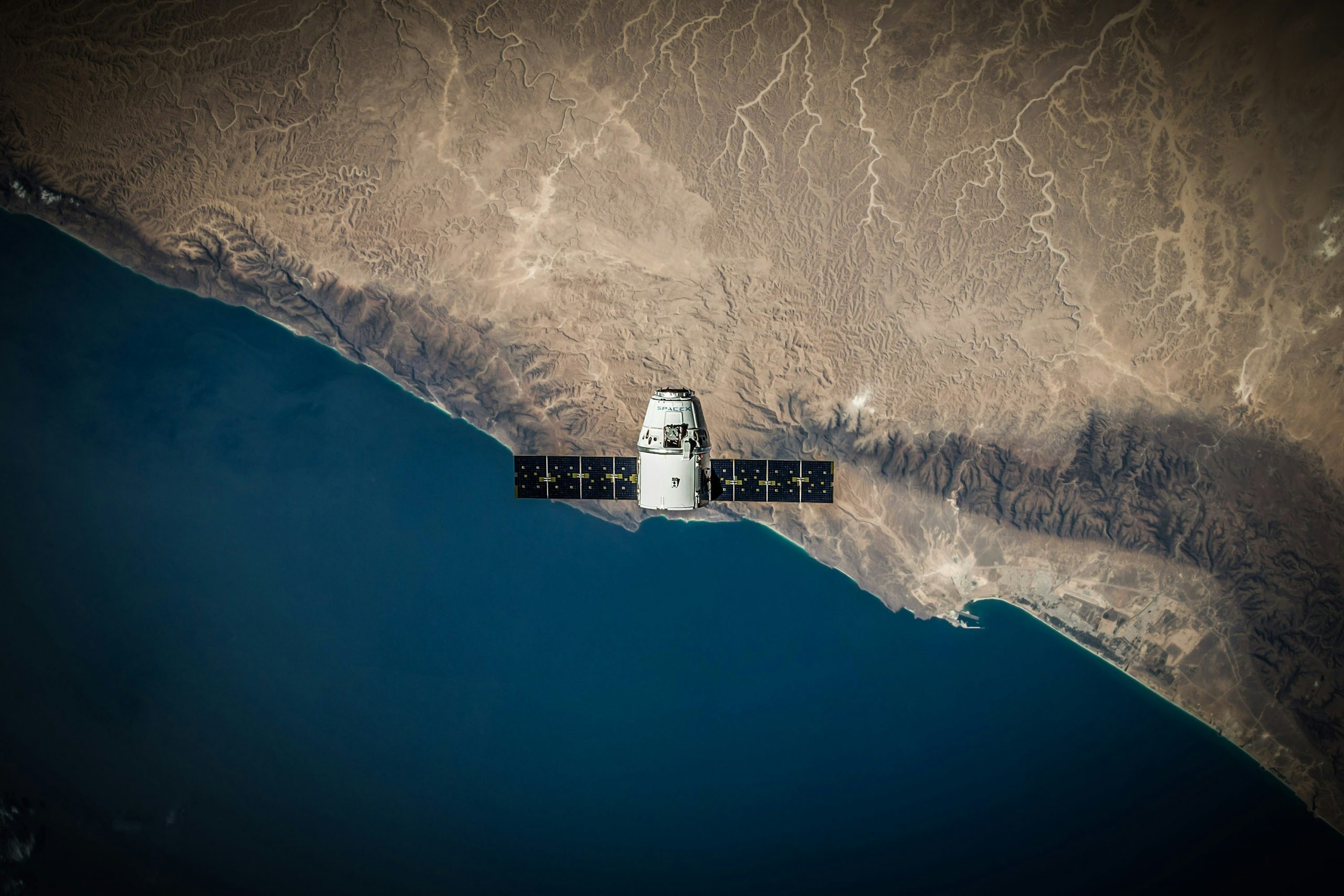The increasing frequency and severity of extreme weather events demand innovative solutions. The MEDEWSA project, alongside cutting-edge artificial intelligence (AI) techniques, is revolutionizing how we understand, predict, and mitigate climate risks. A recent study published in Natural Hazards and Earth System Sciences explores the complexity of compound weather events—where multiple extreme conditions occur simultaneously or in succession—and underscores the critical role of AI in enhancing predictive capabilities and adaptation strategies.
Traditional climate models struggle to capture the intricate relationships between extreme weather variables. AI-powered approaches, however, can analyze vast datasets, recognize hidden patterns, and improve forecasting accuracy. The study highlights AI’s application in:
- Predictive Analytics: Machine learning algorithms identify precursors of extreme weather events, enabling early warning systems.
- Risk Assessment: AI integrates diverse climate variables, offering a holistic understanding of compound hazards.
- Impact Modeling: By analyzing historical data, AI helps estimate socio-economic losses due to extreme weather, guiding better policy decisions
The MEDEWSA project is dedicated to strengthening early warning systems in the Mediterranean and beyond. It combines AI-driven analytics with climate modeling to enhance preparedness against extreme weather conditions. The project aligns with global climate resilience initiatives, ensuring that research translates into actionable strategies for policymakers and stakeholders. As climate extremes intensify, interdisciplinary collaboration between AI researchers, meteorologists, and policymakers is essential. Integrating AI into climate science marks a paradigm shift—one that holds promise for safeguarding communities and ecosystems from future climate threats.
Xoplaki, E., Ellsäßer, F., Grieger, J., Nissen, K. M., Pinto, J. G., Augenstein, M., Chen, T.-C., Feldmann, H., Friederichs, P., Gliksman, D., Goulier, L., Haustein, K., Heinke, J., Jach, L., Knutzen, F., Kollet, S., Luterbacher, J., Luther, N., Mohr, S., Mudersbach, C., Müller, C., Rousi, E., Simon, F., Suarez-Gutierrez, L., Szemkus, S., Vallejo-Bernal, S. M., Vlachopoulos, O., and Wolf, F.: Compound events in Germany in 2018: drivers and case studies, Nat. Hazards Earth Syst. Sci., 25, 541–564.


